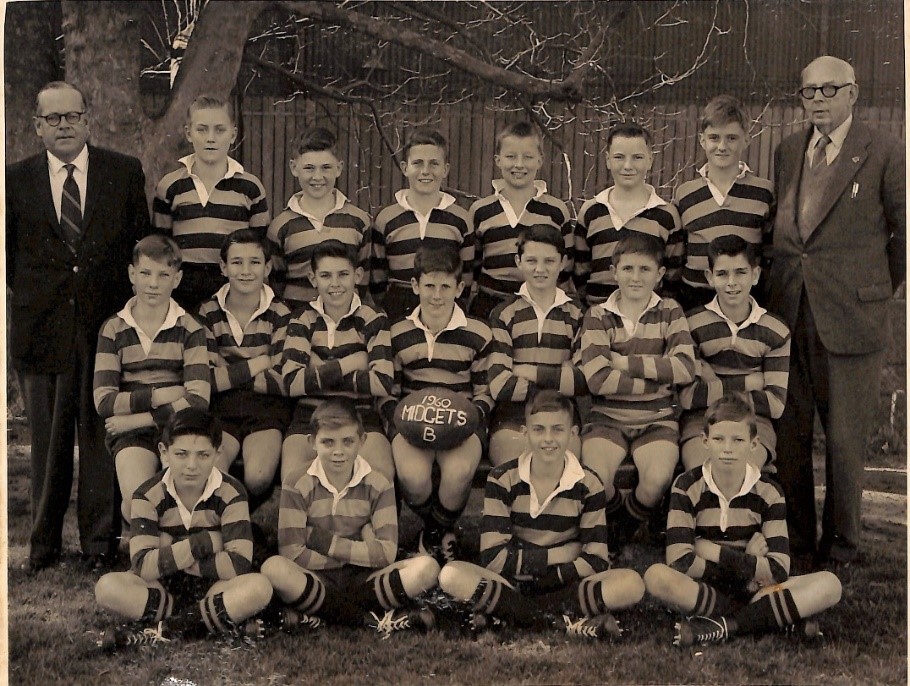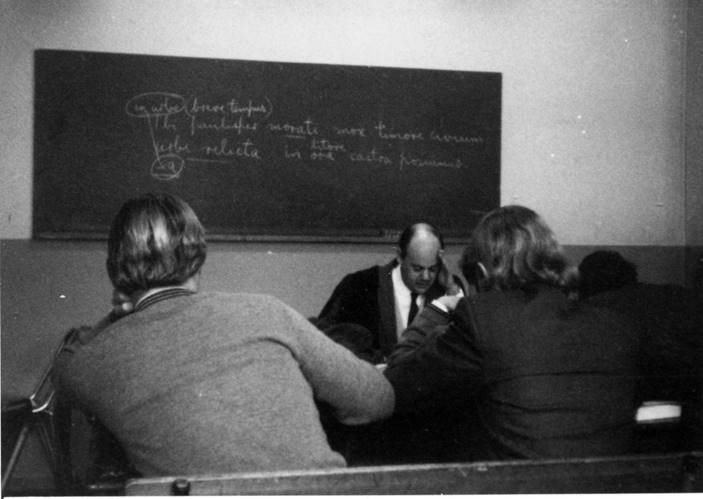Without doubt, 2020 will go down as one of the most tumultuous years in modern history. In Australia we started the year in smoke from some of the most devastating bushfires the country has ever seen. COVID-19 has fundamentally changed the way we work, interact with each other and our communities, and face challenges. While great tragedy has surrounded us this year, the human spirit and courage in the face of adversity has never been more on display. There have been Old Sydneians who have led the way through these times and supported our communities. From the plethora of Old Sydneians working in health - on the ‘frontline’ - to those who made and distributed urgently needed face masks for free, and to those who simply supported a colleague through these tough times – we salute you and thank you.
COVID-19 has obviously hampered the OSU’s activities. Most reunions have had to be cancelled, the Gold Challenge deferred to next year, the Great Debate postponed and the Annual Lunch cancelled for 2020. Consequently, the focus is very much on next year. The Committee is working on a number of events and initiatives for 2021. There will be catchup reunions for those who missed this year as well as the one slated for 2021, a new members ‘meet and greet’ event (venue to be decided), a new format annual lunch and we’ll continue to develop the mentoring program.
To the class of 2020, we welcome you as Old Sydneians and, as members of the Union, I hope to meet you all in the new year.
As the School begins to open up to non-students, so will our support for School events and projects. In particular, the new sports development at Weigall is taking shape. I recently had the privilege to review the concept drawings and designs with the Headmaster, and I can assure you that it is impressive and will provide a much-needed boost to the School’s sporting facilities. I hope to write to Old Sydneians in more detail about this exciting project in the new year.
The OSU has launched new, exciting customisable and personalised headwear. The fabulous new OSU cap with the OSU badge on the front has the option to have embroidered your year of graduation and your initials on the sides; a unique way of celebrating your Sydney Grammar Journey.
This is a perfect addition for reunions or a Christmas gift. The cap is being sold (with all embroidered options included) at a price of $50.00 + GST
Please click on the following link to organise your cap today.

























